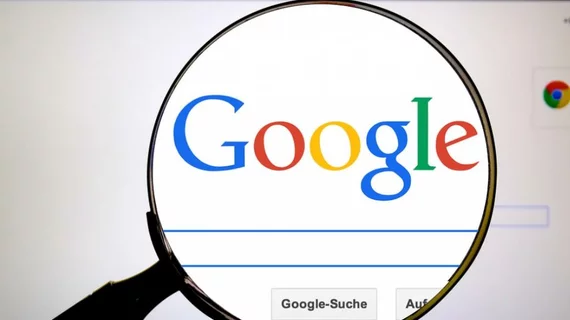AMA, Google announce interoperability, innovation challenge
The American Medical Association has joined with Google to kick off a contest to collect ideas of novel approaches to improving mobile health technology, including wearables and smartphone apps, to improve the flow of information between patients and physicians. The goal is to streamline technology to improve management of chronic diseases.
“The AMA is working to unleash a new era of patient care through its Integrated Health Model Initiative (IHMI) by pioneering a common data model for organizing and sharing meaningful health data like patient goal, state and functioning, and assembling an unprecedented collaborative effort across healthcare and technology stakeholders” said AMA President David O. Barbe, MD, MHA. “The challenge we’re announcing today is an extension of the AMA’s work and will explore possible uses of mobile health technology to provide patients and physicians with a rich stream of medical data that is important for improving care and long-term wellness.”
Entrants into the Google-sponsored AMA Health Care Interoperability and Innovation Challenge are asked for potential solutions to:
- Import (or transfer) patient-generated data from a mobile device or a mobile application into one or more phases of clinical care.
- Extract (or transfer) data from one or more phases of the clinical care and send it back into a mobile application or mobile device.
Winning concepts will show how patient-generated health data can impact physician workflow and clinical outcomes, while trimming costs. Three winners will be chosen by June 7 and share $50,000 in credits for Google Cloud.

